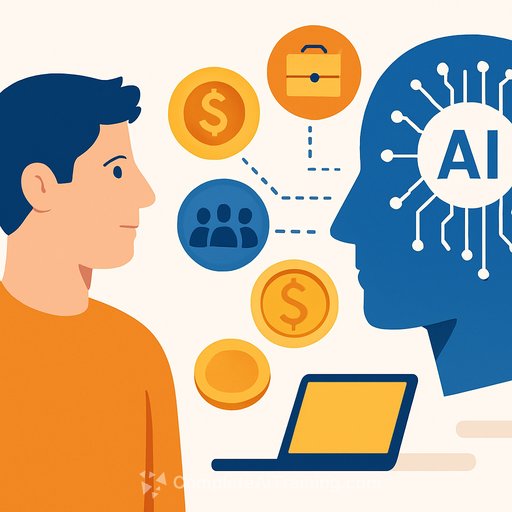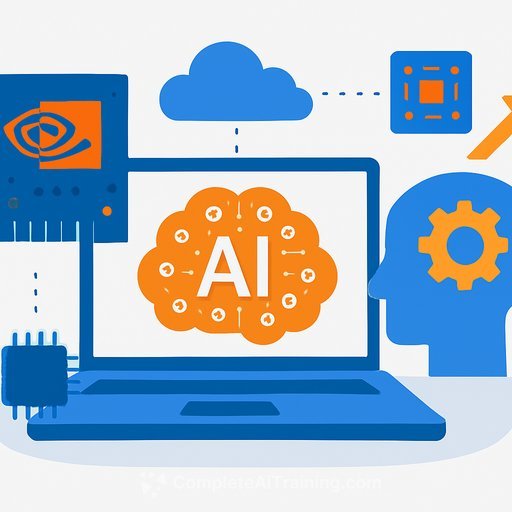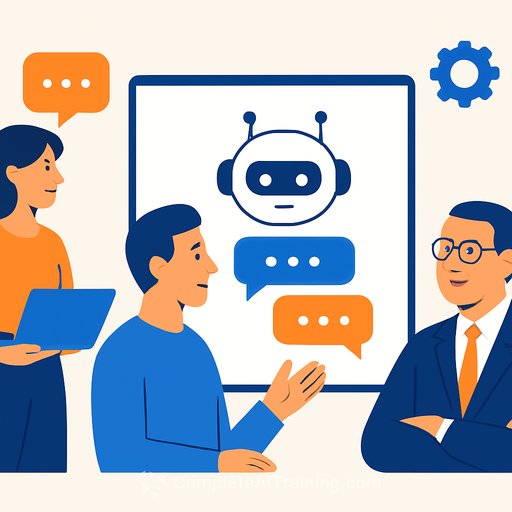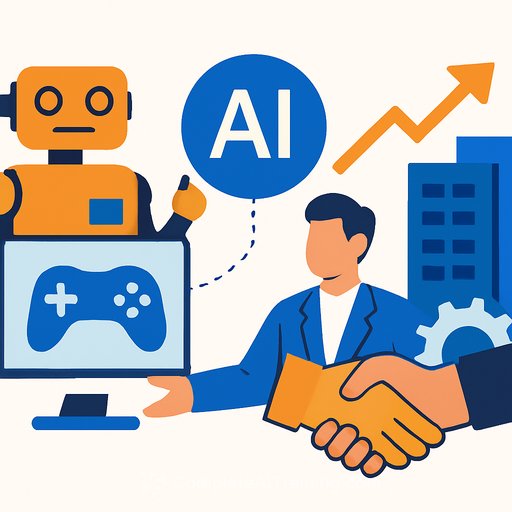Sam Altman on AI’s Next Frontier: Intelligence Too Cheap to Meter
At a recent Federal Reserve conference in Washington, D.C., OpenAI CEO Sam Altman shared a clear vision of where artificial intelligence is headed and how it will transform finance, work, and society. Speaking alongside Fed Vice Chair Michelle Bowman, Altman highlighted the rapid growth of AI and why banks and regulators need to rethink innovation in this space.
Altman pointed out that just five years ago, AI was considered a distant possibility. Since the launch of ChatGPT in late 2022, AI has shifted from niche technology to an essential tool. New AI models now perform at levels once reserved for top human experts, driving significant productivity gains. Scientists report being two to three times more productive, while some programmers claim up to 10 times the efficiency. This shift is redefining how software is developed and how work gets done.
“We’re about to deliver on ‘intelligence too cheap to meter,’” Altman said. He explained that the cost of each unit of intelligence has dropped more than tenfold annually over the past five years. A coding task that would have taken days of expert work can now be completed by AI in minutes for mere cents in computing costs.
Why the Term “AI Company” Will Soon Sound Outdated
Bowman asked how AI might reshape productivity in finance and beyond. Altman compared AI’s impact to the invention of the transistor, emphasizing how its value spreads across all sectors as a broad productivity booster.
He predicted that calling a business an “AI company” will soon feel outdated because every product and service will integrate AI by default. Financial institutions like Morgan Stanley and Bank of New York are already experimenting with AI for key operations, turning early skepticism into practical adoption.
On job displacement, Altman was straightforward: the future is uncertain. Some job categories will disappear while new ones will emerge. Historically, productivity gains have led to more opportunities for human creativity and aspiration rather than less. Altman noted that despite predictions dating back to economist John Maynard Keynes about drastically reduced work hours, society still hasn't realized that ideal—but creativity and usefulness remain strong human drives.
AI Risks: Fraud, Overreliance, and Cybersecurity
Altman also warned about serious risks. Synthetic fraud and impersonation threaten current authentication methods, which rely heavily on voice or image recognition. He urged financial institutions to prepare for new types of cybercrime and move beyond outdated security approaches.
He outlined three main risk areas:
- Exploitation by bad actors using superintelligent systems
- Loss-of-control incidents as often depicted in science fiction
- Societal overdependence on AI leading to degraded human and government oversight
Emotional overreliance on AI, especially among younger users, is already becoming a concern.
Balancing Innovation with Regulation
Throughout the discussion, Altman stressed the need to adopt AI quickly but carefully. He supports regulation that fosters innovation rather than blocks it. By comparing AI to past technologies like calculators and search engines, he illustrated how tools that seemed threatening at first eventually enabled people to focus on higher-level skills.
Altman also highlighted AI’s potential to improve access to expertise in developing regions. For example, in places with few doctors, AI-powered tools like ChatGPT can provide valuable guidance where no alternative exists.
In closing, Altman invited financial leaders and government agencies to embrace advanced AI models that excel at reasoning. “Government has got to embrace this technology, and we’ll be able to do everything better,” he said.
For professionals interested in expanding their AI knowledge and skills, exploring the latest AI courses can provide practical insights into how AI technology is evolving and being applied.
Your membership also unlocks:




